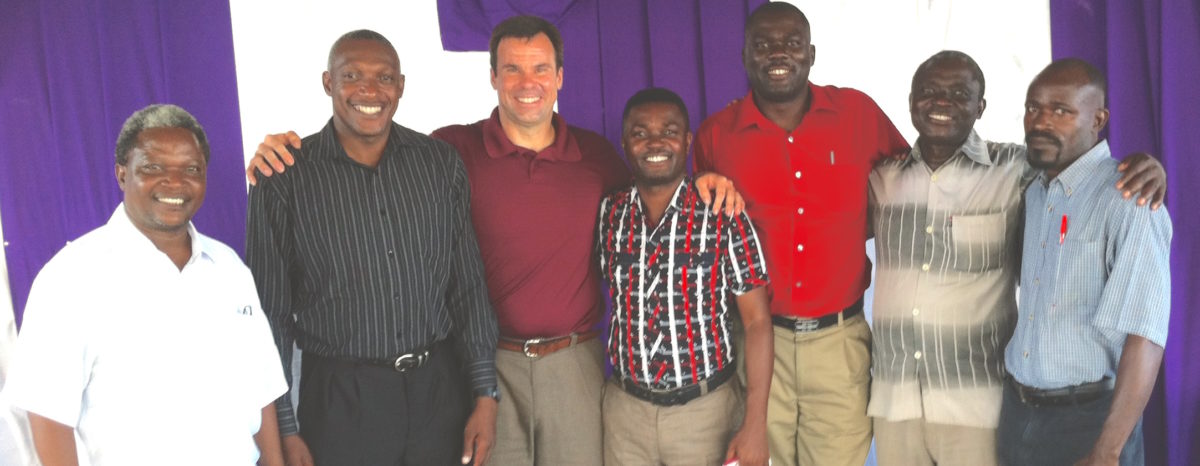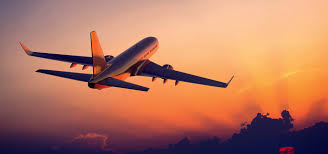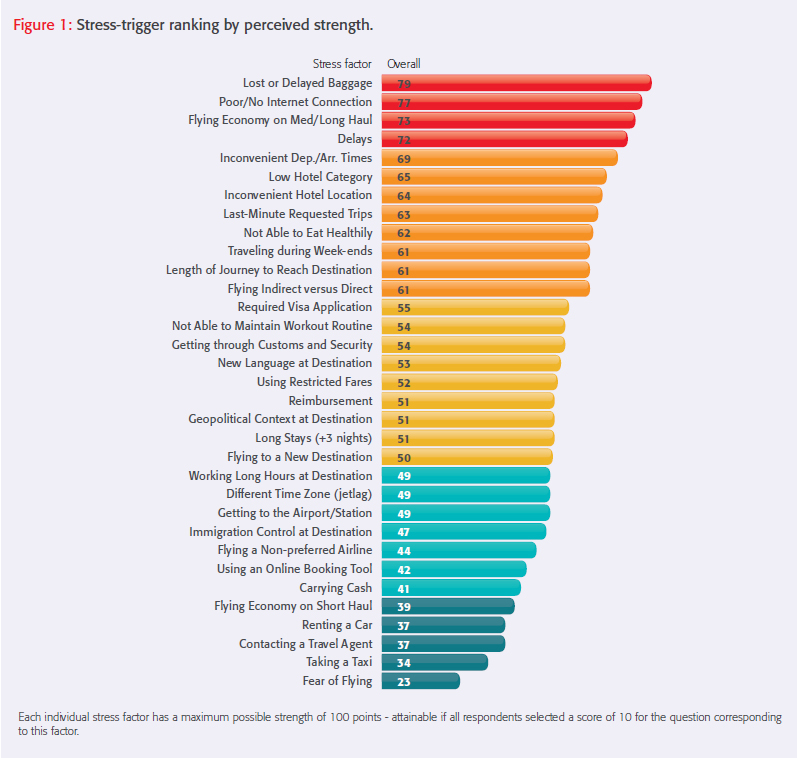Good morning, friends. I am so very thankful for the opportunity to train pastors globally. At the same time, at our recent Global Equipping Division workshop, we discussed the impact of travel stress due to the line of “work” we are in, both upon us and our families – physically, emotionally, mentally, relationally, spiritually, etc. It was so interesting hearing the similarities all of us experience since we are all traveling internationally a great deal and doing similar work. The work is so very significant, and we are blessed to be called to this, and yet it takes a significant toll on us in many ways. Our director for member care came and gave a helpful presentation on these issues, some of which I’d like to share with you. Perhaps some of you who travel frequently will find it helpful as well. Below are some notes from that session. Pressing on by God’s grace, Eric
Factors contributing to stress and fatigue
It has been documented that there is an increase in psychological and stress/anxiety related disorders for frequent travelers. Why?
- Dynamics of travel
- Adjustments – every transition/trip involves mini-versions of the following (mini-culture shock): leaving, transition, entering, re-involvement. High transition lifestyle.
- Meetings
- Short cycle of transitions – leaving (we go to location mentally in prep), transition (sitting in airport, fatigue, waiting), entering (differences in environment and all the changes), re-involvement (begin feeling more comfortable after few days). Then we do the same thing all over.
- Life has gone on while we are away. Family goes through adjustment and they have to shift based upon our schedule also.
- Going through these adjustments has result of making us tired. Brain works much more resulting in exhaustion. Also emotional exhaustion.
- A foot in two worlds.
- Unrelenting workloads
- Pile of work waiting for you after trip
- Jet lag
- Needs and expectations of others – People don’t understand that travel is exhausting.
- We love the work we do, and so adrenaline carries us through, but when we return we are exhausted, jetlagged and then have all the stuff to do that has piled up (make up emails, business items, fixing probs, etc.)
- We never fully transition overseas or back stateside. We lose relationships, lose track with culture to some extent, etc. Part of us doesn’t want to re-engage (self-protection). But if no community or relationships, we will be in unhealthy place – can’t be rootless, floating people. “We never re-enter, just touch and go.”
It is essential we guard our hearts from problem areas:
- Pride – life seems glamorous, travel is exciting
- Resentment – people don’t get it, ask about our “vacation.”
- Entitlement – When I come home, don’t I deserve special treatment
- Temptation – when we are tired, we are vulnerable. Immorality, anger, discouragement, yucky attitude
- Hero complex – give to pastors what they are hungry for, then we feel so important
- Martyr complex – poor me
- Discontentment – being at home is just plain boring.
- Isolation – cocoon from others
- False Guilt – not allowing ourselves a break, pushing ourselves too hard. The work will never get done. Need to walk away from it. “I should be able to press through.” Even Jesus took downtime.
Frequent Travel Affects You:
- Physically – stomach, digestion, head, back, etc.
- Emotionally – loneliness (need to learn to embrace it)
- Spiritually – Times to spend with Lord can be so difficult. Must guard our hearts. Don’t assume our soul is good just cause we are in spiritual leadership.
- Psychologically – We see the struggle of humanity, needs, poverty – it affects us, and people in US totally don’t understand. Need to do mini-debriefing after every trip.
- Relationally – People don’t even know we are away. Family impact is huge too.
Traits which build resiliency
- Flexibility and adaptability – you won’t decide many basics of your life.
- Optimism and sense of humor
- Communicativeness and good social support – easy to live so isolated, but not healthy. Communicate with a few close friends while on the road. Stay connected.
- Tolerance for ambiguity
- Willingness to tolerate hardship – don’t think we deserve the bump to first class…, can give away the upgrade.
- Sense of purpose
- Humility
Various ideas for thriving in the midst of frequent travel
- Make harder part of trip the first part, and easier part at the end.
- Stay in close contact with family. Play “games” together, skype, etc.
- Figure out what your limits are – 1 wk or 3 wks or ?
- Honor the amount of down time between trips you need
- Maintain exercise patterns
- Day before we leave and day after return – don’t schedule anything.
- Have travel clothes – don’t wear them at other times. Have them ready to go. Keep toiletries packed.
- Only bring carry-on. Do not bring things for others.
- It is OK to spend more money – (eg. Stay alone in hotel if that helps you, even if more expensive; sign up for airline lounges; etc.)
- Figure out what will help us to be able to keep going.
- Stay in hotel rather than in home with someone.
- Doing good devotionals, perhaps with spouse.
- Bring yummy snacks from home.
- Discovering differences in new places and learning new things adds to the joy.
- Worshipping with nationals. Try to be a part of an indigenous worship service.
- Find rhythms with spouse. Spouse needs to give space day before leaving cause we have already “left” mentally.
- Recognize the impact of our travelling on our family. Go through days leading up, on trip and after and discuss all the transitions and effects upon family members.
- Implement jetlag “diet”
- Oftentimes jetlag is worse one direction or the other. Body organs respond to light, and they take time.
- Prepare yourself spiritually – ask God what specifically to focus on during trip. Mobilize your small prayer team.
- Sunlight
- Remind yourself at the joy of our calling when you are in midst of struggle: 2 Cor. 4:1
- Dean Johnson – as entering plane to go overseas, he saluted and said, “Showing up for service, Lord.”
How do you know when you are hitting a wall on travel:
- Spouse tells us
- Mentally, when we are more tired than excited
- Apathy
- Self-pity
- Weariness, slower capacity to bounce back, band doesn’t stretch back
- Resentment over mundane tasks back home
- Irritability over period of time (days)
- When I don’t feel like going out – isolation




